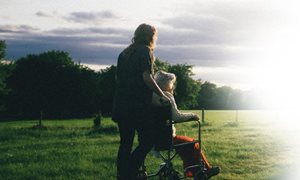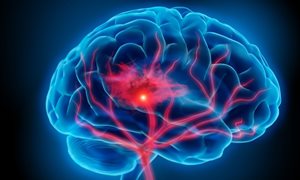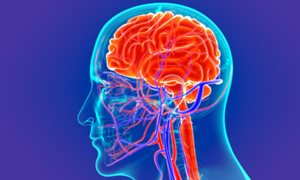
On May 11th 2020, the Dutch Government allowed 26 nursing homes to welcome one visitor per resident, after two months of lockdown. An in-depth study is conducted by Radboudumc researchers to monitor the feasibility of the regulations and impact on the well-being of residents, their visitors, and healthcare staff of reopening the doors of 5 long-term care facilities that all were affiliated to an academic network of nursing homes. Their findings are published in International Psychogeriatrics, on April 5th 2021.
The study was a mixed-method study using a digital questionnaire, analyzing documentation such as infection prevention control protocols, attending meetings of COVID-crisis teams, in-depth telephone or in-person interviews with visitors and healthcare professionals, and on-site observations. We found that national guidelines were translated with great variety into local care practice.
Healthcare professionals agreed that re-opening would increase the well-being of the residents and their loved ones. However, there were also great worries for increasing workload, increasing the risk of emotional exhaustion and the risk of COVID-infections. Compliance with local regulations was generally satisfactory, but maintaining social distance and correctly wearing face masks appeared to be difficult. Care staff remained ambivalent for fear of infections. In general, allowing visitors was experienced as having a positive impact on the well-being of all stakeholders. Nevertheless, some residents with dementia showed negative effects like an increase of challenging behavior.
Currently, an estimated mean of 77% of residents and 65% of care-staff have been vaccinated and as a result infection rates are decreasing allowing facilities to adapt their regulations regarding wearing facemasks or social distances. However, this only applies to facilities with vaccination rates and visitors that are vaccinated or have a recent negative test. Despite this good news facilities are still struggling to find the right balance between infection control and well-being.
Publication
Related news items

Milk fat to attenuate obesity-related neurological co-morbidities
18 November 2021 The use of lipids to attenuate co-morbidities of obesity may sound paradoxical. However, it has shown to be particularly relevant in the fight against a less familiar co-morbidity of obesity, as it can induce alterations in white matter tracks, neuroinflammation and increases the risk of dementia. go to page
Early stage biomarker for Alzheimer's disease
4 November 2021 Researchers from the translational metabolic lab and department of neurology, in collaboration with researchers from University of Barcelona, set out to research a new biomarker in cerebrospinal fluid called “neuroleukin” for Alzheimer's disease. go to page
Palliative care for people with Parkinson’s Disease and their family Caregivers Current state of affairs
7 October 2021 Advanced stage Parkinson’s disease can cause a variety of symptoms, for which palliative care can be beneficial, though research from the point of view of patients in later stages is still rare. Radboudumc researchers therefore placed their patients perspectives at the center of their recent study. go to page
Radboudumc to lead research team into tackling future pandemics NWO funds complexity research on pandemics
5 August 2021 The Radboudumc is going to lead a study on how to deal with future pandemics, together with Radboud University and the University of Amsterdam. Rick Quax from the Informatics Institute/IAS is involved in this project. go to page
